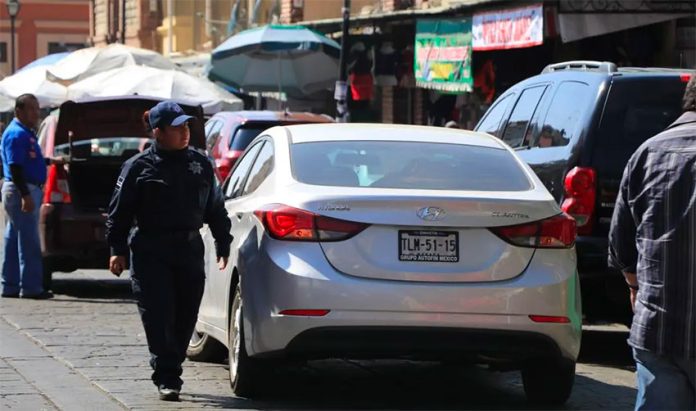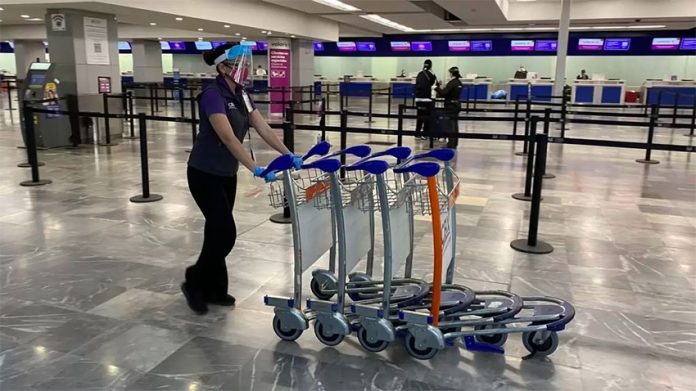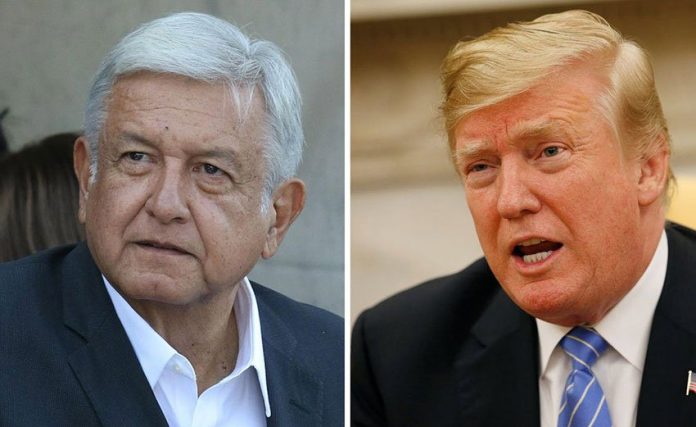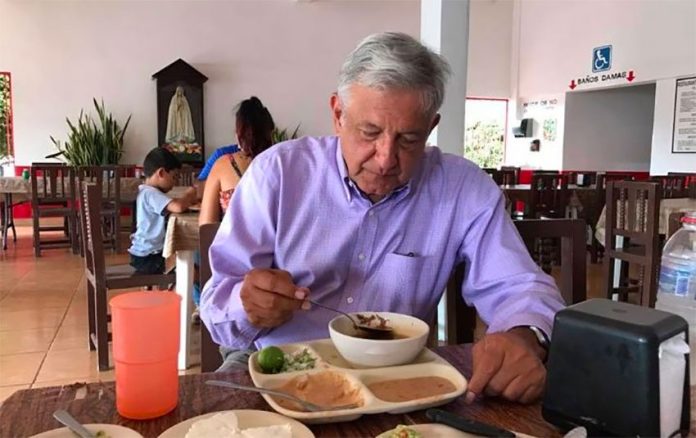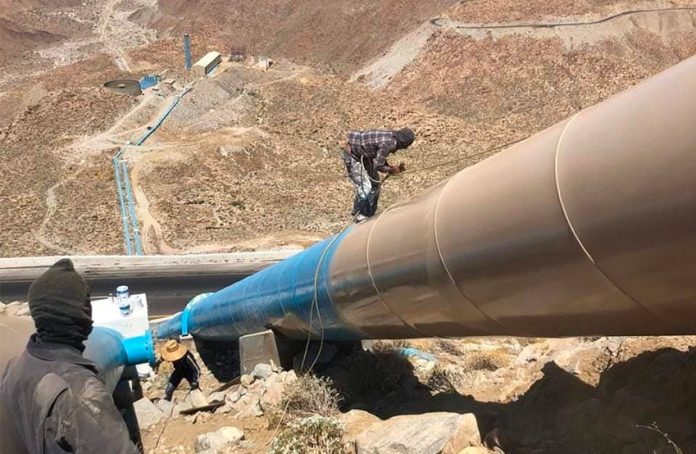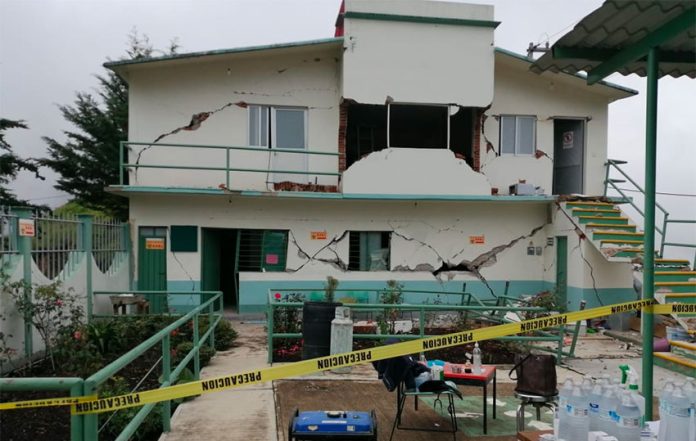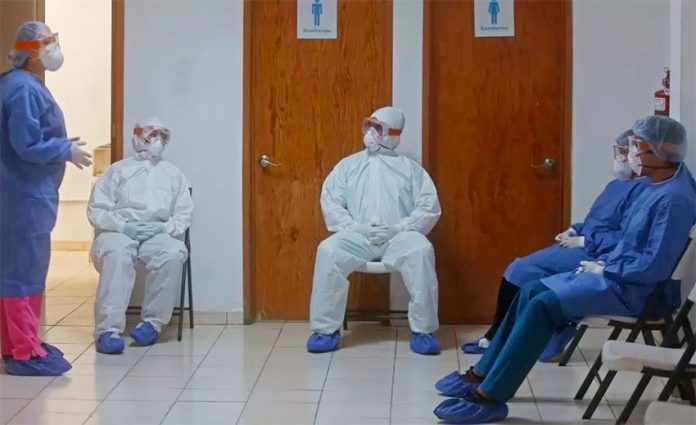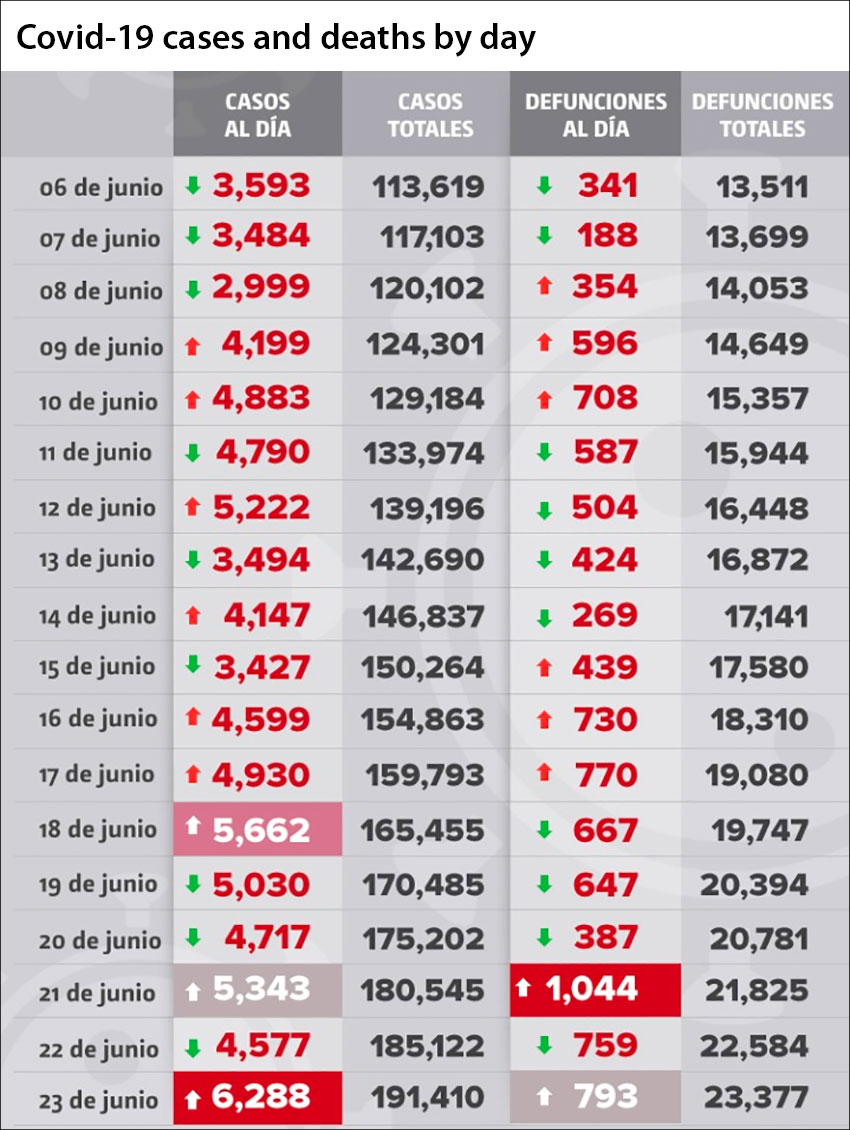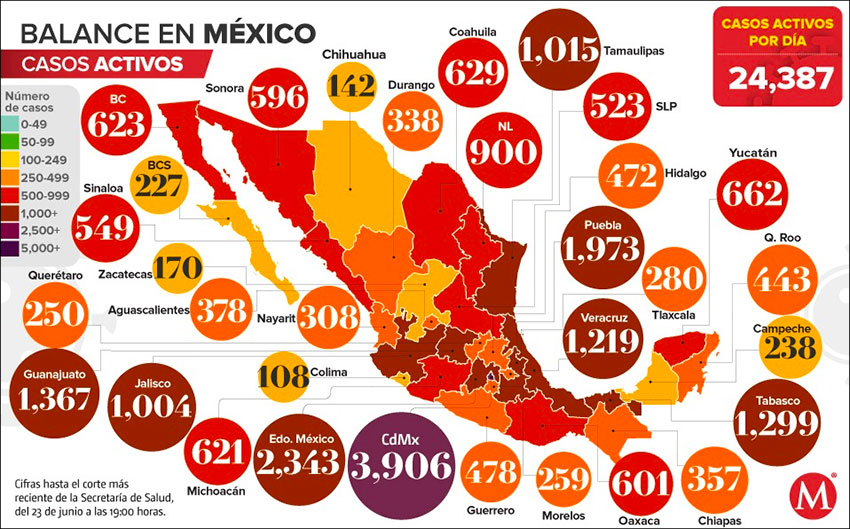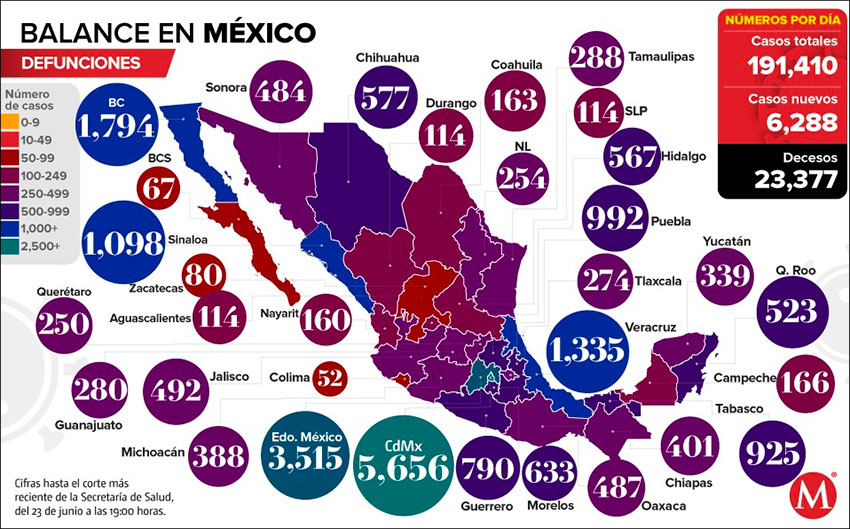I won’t lie: I smirked throughout pretty much the entire reading of the story about the municipality of Metepec deciding to crack down on nonchalant and deceitfully oblivious motorists. Did you hear?
Parking violators will have an actual tire clamp or boot put on their car so that they can’t move it, then will have to pay a fine of 435 pesos (about US $19) within two hours; otherwise, it gets towed and the driver must pay to get it out of the pound. Youch!
Few things about city life in Mexico trigger my contempt as quickly as people leaving their cars where they know they shouldn’t. Then they feign ignorance regarding the way they’ve blocked traffic — vehicle, foot or both, shut someone in, or have been extremely close to causing an accident, and I find myself trying hard to achieve both a scowl and an eye-roll to demonstrate my disapproval (one of my pettier and less-charming features, I know).
There are a lot of things about traffic here that both annoy and terrify me, as I’ve mentioned before. Poor infrastructure combined with a generally lawless landscape when it comes to driving make for way more adventure than I’m typically up for, not to mention the real safety issues that arise from so little enforcement.
To begin, however, I feel the need to put some things out there that actually are not the fault of drivers themselves:
First, the infrastructure of nearly all of our communities (save Orizaba, maybe) really is not made to help people follow the traffic and parking rules in most circumstances. I’ve said it many times before: if you want people to “choose” to behave the right way, you have to make it so that it’s easy to choose to behave the right way.
This is very difficult if, say, you have a large park where families arrive every Sunday in their cars. As there’s no proper parking, residential streets end up being lined on both sides. I imagine that in addition to really annoying the neighbors who’d thought they were investing in a tranquil and convenient neighborhood, it makes everyone feel crowd-stressed and likely causes more than a few accidents when people are trying to get through both ways on a street that suddenly has space for only one car at a time.
Throw on top of that the many houses and apartments that were built with absolutely no consideration for the possibility that the inhabitants might own even one car, and you’ve got congestion at worst, concrete-filled bucket “place savers” at best.
Another issue is the sheer number of cars in most communities nowadays, certainly an issue in Metepec. As the standard of living has generally increased, so has car ownership, and our communities simply haven’t been able to keep up with the growth. We’ve collectively got so many cars now but few places to put them!
So they get left on the street, on sidewalks, or pretty much anywhere they can be reasonably expected not to get towed or stolen for a few hours. They’re not usually fantastic places to park them, but if someone’s driven somewhere, where exactly are they supposed to leave the car when it’s time to get out?
People being people, they get frustrated. No one drop of water considers itself part of the flood, after all.
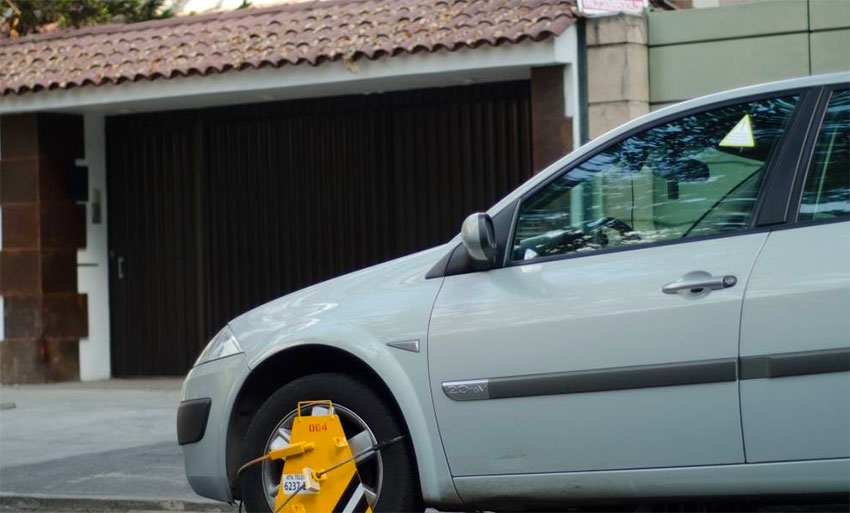
And finally, there are plenty of places — like my home state of Veracruz, for example — in which it is perfectly possible to have and drive even multiple cars without having had to prove to anyone that you can even identify a vehicle, much less handle one.
In order for me to get my license here, for example, I simply presented my identification, filled out some forms, took an eyesight test, and paid my money. Voila! I was a legal driver. Suffice it to say, there are certainly plenty of drivers meandering their way through our streets who surely believe they’re doing a perfectly fine job on the road, completely ignorant of the actual rules. And with the shortage of transit police and budgets and training for those transit police, it seems set to continue indefinitely.
Some people, though. Some people are just jerks. I’m thinking of a particular road in my city in a ritzier area of town, the kind where most people drive large SUVs and decide to drive them to the store a couple of blocks away because it’s more comfortable than walking.
I can’t count the number of times I’ve had to slam on the brakes and quickly switch lanes after cresting a hill because people have been double-parked in front of a fruit stand or hair salon. The hazard lights help, but some people don’t even put those on, increasing the perceived defiant attitude of “What? I’m important and I need to do some things here, you can go around.”
So when I think about people who do that, I say, “Bring on the boots! I can’t wait!” Let’s just hope that this punishment is applied evenly, and that the ancient habit of paying off officials for permission to behave badly won’t kick in. (I know. It probably will.)
The result of punishments like this in a culture like this is that people — especially privileged people — are absolutely shocked when they’re made to follow the rules, because it’s so easy to get away with not following them. But there’s no great secret to law-abiding cultures, after all. It’s just that the consequences for not falling in line are consistent and frequent. That’s literally it.
So anyway, Metepec (and the rest of Mexico, for that matter): yes, good idea. Let’s crack down on these annoying parkers! But also, for goodness sake, cars aren’t going away anytime soon.
Let’s at least make an effort to accommodate them. Through the twin virtues of logical infrastructure and clear rule-setting with follow-through of consequences it can be done!
Sarah DeVries writes from her home in Xalapa, Veracruz.
